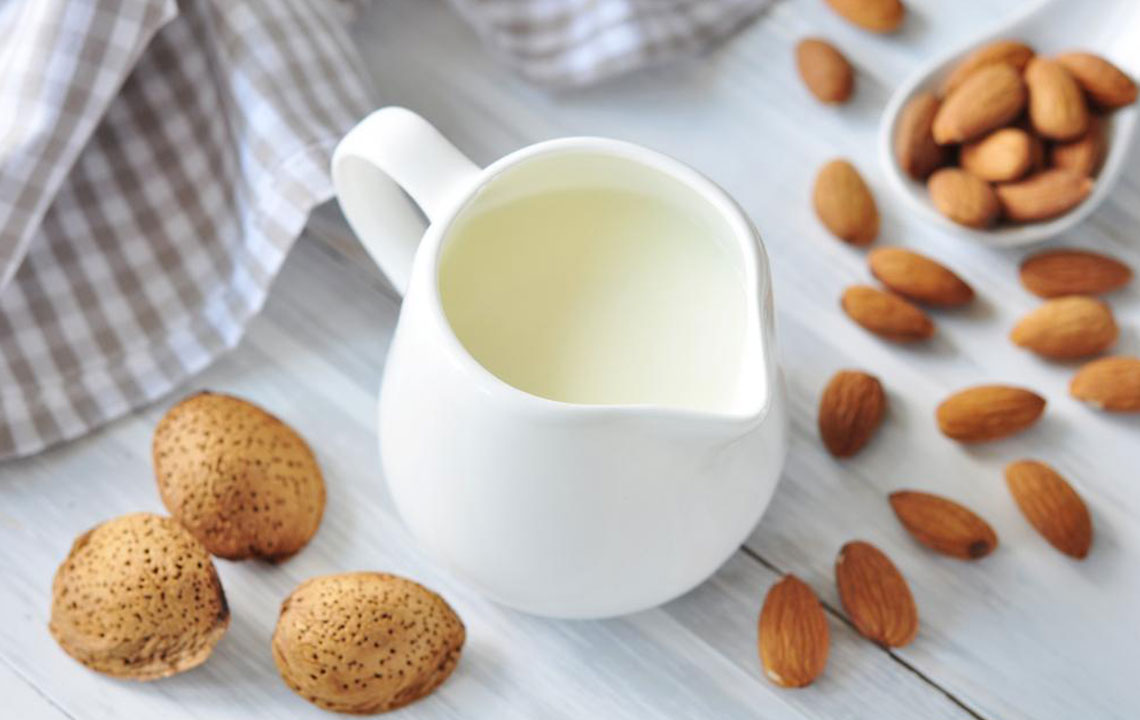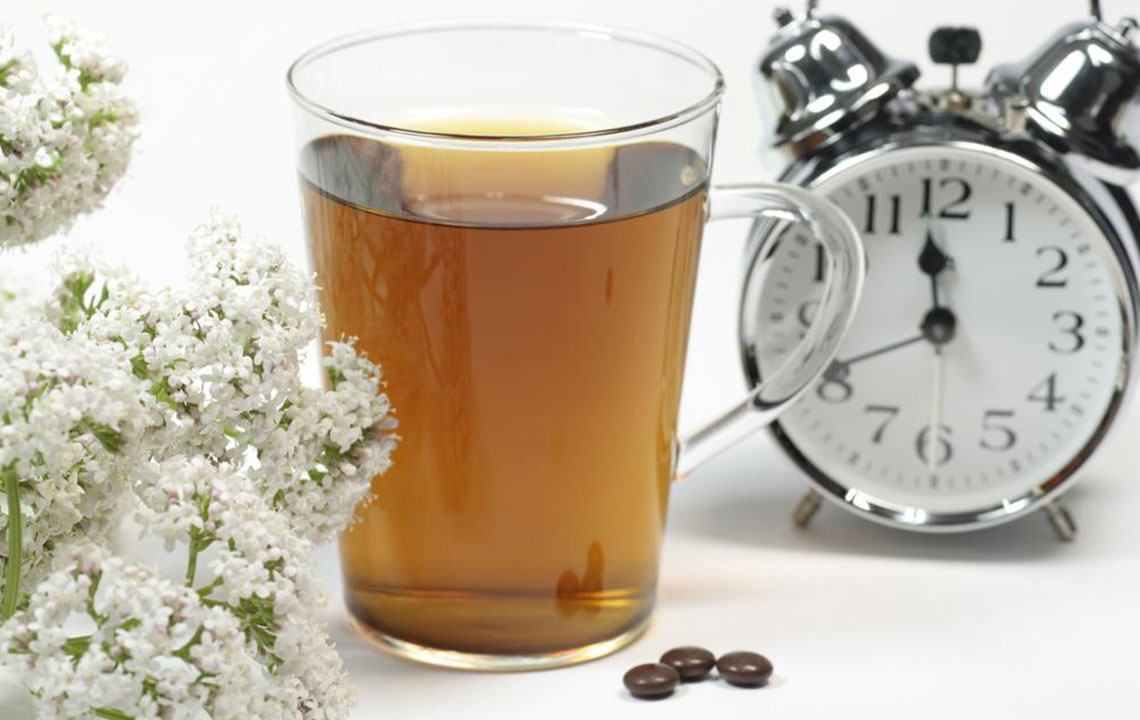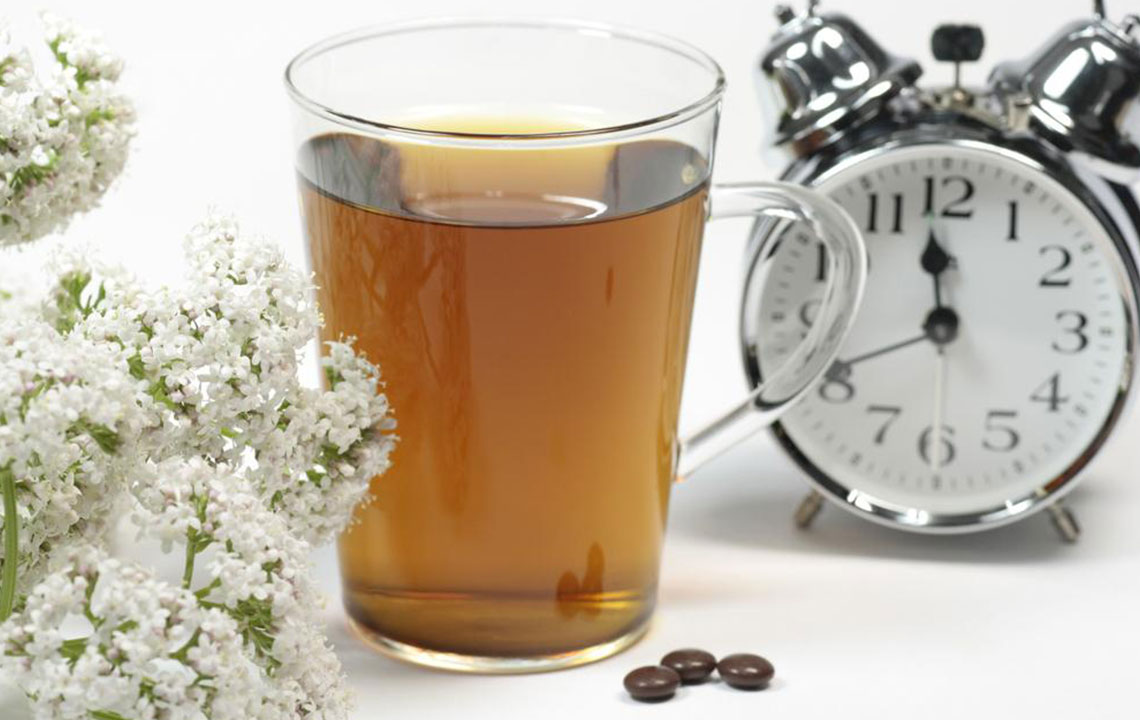Top 7 Effective Natural Solutions for Improving Sleep Quality
Discover seven scientifically supported natural remedies to improve sleep quality. From herbal teas like passion flower and chamomile to supplements like melatonin and magnesium, these safe, effective methods can help you achieve restful nights without the side effects of medications. Incorporate these natural solutions into your nightly routine to enjoy deeper, more restorative sleep and wake up refreshed every morning.

Top 7 Effective Natural Solutions for Improving Sleep Quality
In today’s fast-paced world, many individuals find it increasingly difficult to achieve restful and uninterrupted sleep. Stress, anxiety, digital distractions, and an overactive mind often interfere with the ability to fall asleep and stay asleep through the night. While pharmaceutical sleep aids are widely used, they can sometimes lead to unwanted side effects, dependency, or grogginess the next day. As a safer and more sustainable alternative, natural remedies and lifestyle changes can significantly enhance sleep quality. These natural methods are backed by traditional use and emerging research, offering a gentle way to promote relaxation and improve overall sleep health. Incorporating these strategies into your nightly routine can help you wake up feeling rejuvenated, alert, and ready for the day ahead.
Understanding how to naturally improve sleep involves exploring herbs, nutritional supplements, and dietary adjustments that support relaxation, hormonal balance, and nervous system calmness. Here, we delve into the top seven natural solutions that can help you sleep better without reliance on synthetic medications. Whether you’re dealing with occasional insomnia or chronic sleep issues, these remedies can be integrated into your daily routine with minimal effort and maximum benefit.
Passion Flower: The calming properties of passion flower have been recognized for centuries. Anxiety and racing thoughts are common barriers to sleep, and passion flower works as a gentle sedative to calm nerves and reduce stress. Consuming passion flower tea approximately 30 minutes before bed can facilitate a more relaxed state, making it easier to fall asleep naturally. Scientific studies support its effectiveness in reducing insomnia symptoms and promoting quality sleep.
Valerian Root: Used since ancient times as a herbal remedy for insomnia and nervous tension, valerian root enhances GABA (gamma-aminobutyric acid) levels in the brain. Increased GABA activity relaxes nerve signaling, helping to ease sleep onset and improve sleep continuity. Drinking valerian root tea or taking supplements several nights a week can help those with difficulty falling asleep or waking frequently during the night.
Saint John’s Wort: More than just a remedy for mild depression, Saint John’s Wort also supports healthy sleep patterns. Its adaptogenic properties help to balance mood and reduce stress, which are common contributors to sleep disturbances. The herb works by boosting serotonin and melatonin production, hormones intimately involved in sleep regulation. Dried Saint John’s Wort can be infused into tea and consumed in the evening, providing a calming effect that encourages restful sleep.
Tart Cherry Juice: Rich in naturally occurring tryptophan and melatonin, tart cherry juice is renowned for its sleep-promoting properties. Regular consumption can help increase evening melatonin levels, making it easier to fall asleep and stay asleep. Drinking a small glass of tart cherry juice about 1-2 hours before bedtime is a simple, tasty way to improve sleep quality, especially beneficial for those with insomnia or circadian rhythm disruptions.
Melatonin Supplements: As a hormone produced by the pineal gland, melatonin signals to your body that it’s time to sleep. Supplements can be particularly helpful for shift workers, travelers experiencing jet lag, or those with low endogenous melatonin levels. While supplements offer a convenient aid, it’s important to use them responsibly and consult a healthcare provider for appropriate dosing. Incorporating melatonin-rich foods like bananas, cherries, and oats into your diet can naturally support your sleep cycles.
Chamomile: Chamomile has been used as a sleep aid for centuries. Its gentle sedative effects are attributed to apigenin, a compound that binds to receptors in the brain. Drinking warm chamomile tea before bed is a beloved ritual that relaxes muscles and calms nervous tension. Its soothing aroma and taste make it a perfect addition to your nightly wind-down routine, especially during stressful times.
Magnesium: A vital mineral involved in hundreds of bodily functions, magnesium plays a crucial role in supporting restful sleep by activating GABA receptors and regulating circadian rhythms. A deficiency in magnesium can lead to restless nights and difficulty relaxing. Incorporating magnesium-rich foods such as nuts, seeds, spinach, and whole grains into your diet can help maintain optimal magnesium levels. In some cases, magnesium supplements may be recommended under medical supervision to further enhance sleep quality.
By embracing these natural remedies, you can create a sleep-friendly environment that promotes relaxation and recovery. These methods are safe, cost-effective, and free from the side effects associated with many pharmaceutical options. Establishing a consistent bedtime routine that includes one or more of these natural solutions can make a significant difference in your sleep quality. Remember, good sleep not only improves mood and cognitive function but also boosts your immune system and overall health. Making these simple adjustments to your lifestyle will help you say goodbye to restless nights and hello to more energized mornings.





